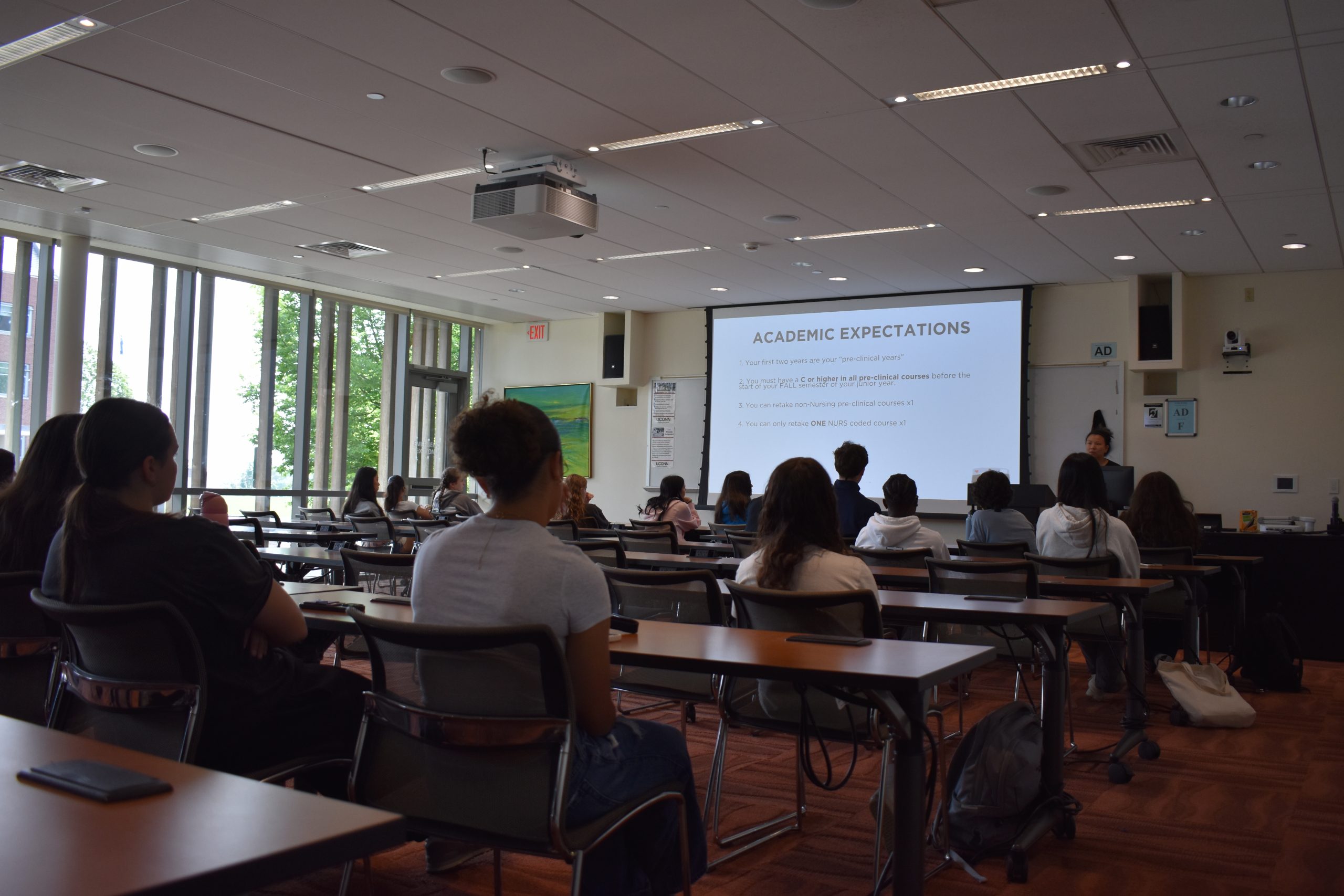The National Institute on Drug Abuse estimates that more 130 Americans die every day from overdosing on opioids. Many of these deaths stem from people becoming addicted to and abusing prescription opioids. One of the most common reasons doctors prescribe opioids is to treat painful flare-ups of musculoskeletal conditions such as osteoarthritis and lower back pain.
Lakshmi Nair, a UConn Health associate professor of orthopedic surgery, and associate director of the Connecticut Convergence Institute for Translation in Regenerative Engineering has received $1.8 million from the National Institutes of Health to work towards the development of a non-addictive treatment for these acute flare-ups.
Nair’s UConn Health colleagues are co-investigators on this project, including Drs. Joseph Walker, UConn Musculoskeletal Institute, Cato Laurencin, Albert and Wilda Van Dusen Distinguished Professor of Orthopedic Surgery, and Wai Hong (Kevin) Lo, Department of Medicine.
The regular symptoms of these conditions, which include pain and stiffness, can flare up and become incredibly painful for one or two weeks without reprieve. One of the most common and effective treatments for these flare-ups has historically been opioids. Given the scope and deadliness of the opioid epidemic in the United States as well as the $700 billion in healthcare costs associated with it, researchers are looking for other options.
Nair and her team are interested in creating an injectable, long-acting painkiller. This drug will combine a local anesthetic with anti-inflammatory pain modulators. The researchers will investigate combinations of corticosteroids and emerging non-opioid pain medications along with a local anesthetic drug commonly used to numb areas of the body for surgeries or childbirth.
One of the most significant challenges the researchers will face is developing a delivery system for the drug that will be able to work in the body for seven to 14 days when pain is most acute. Nair and her team will work on creating a delivery system that will be able to release appropriate doses of the drug gradually without causing neurotoxic effects or perineural inflammation, which can erode or completely obliterate nerves.
While this project is a long way from being implemented in outpatient facilities, Nair’s research is an exciting and promising step toward finding a way to enhance quality of life of those who suffer from acute musculoskeletal flare-ups without the dire consequences of opioid therapy.
“Our long term goal is to develop a safe, long acting, non-opioid, minimally invasive therapeutic approach to manage musculoskeletal pain by utilizing the latest developments in biomaterial science and pain biology,” Nair says.” We believe that the multipronged approach adopted here may provide prolonged pain relief locally without systemic side effects or repeated injections.”
Nair earned her Ph.D. in polymer chemistry. She completed her postdoctoral training at Drexel University in the Department of Chemical Engineering. Her research focuses include biomaterial design and synthesis for injectable hydrogels, protein and small molecule delivery, gene activated matrices to enhance tissue regeneration, and biomaterial-based strategies for pain management.
The study is supported by the National Institute of Arthritis and Musculoskeletal and skin diseases. NIH Grant No.: 1 R01 AR075143-01



